Help Students To Learn Vocabulary in Language Lessons Without Them Knowing!
When I get a new French or German GCSE tutee or a group of GCSE language students, we do a quick diagnostic. I ask the students to select two areas that they feel they need help with and why. This includes: vocabulary in language lessons, speaking, reading, writing, listening, grammar and translation.
Although it varies, generally, the two main areas for concern for my language students are:
- Vocabulary
Feeling overwhelmed at the level of vocabulary they are required to know. Especially for communication, understanding and exams, as well as lack of exposure and practice. - Confidence
Confidence issues when speaking, listening and writing. This is mostly due to lack of practise, understanding of vocabulary and speed.
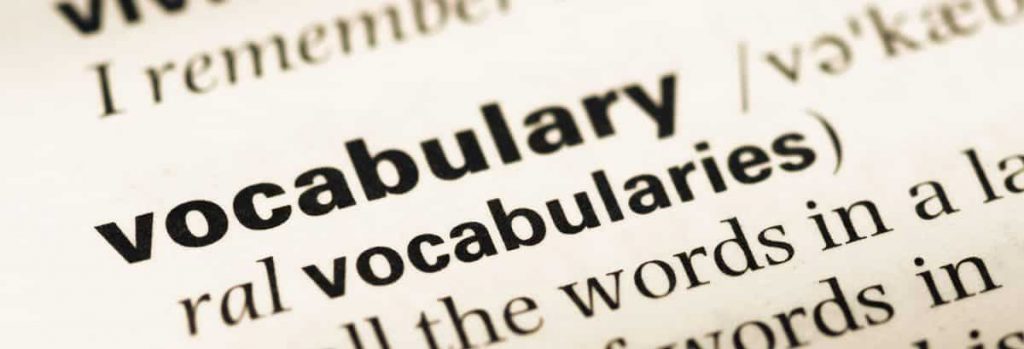 Grammar comes a very close third position!
Grammar comes a very close third position!
Feeling a lack of practice is a common denominator for language learners. However, exposure to vocabulary also a key factor to confidence. Obviously, these are areas that need addressing. One way of improving these perceived weak areas is to offer as much exposure to topic-related vocabulary and dedicated skill practice as possible. To develop confidence, this should be incorporated into speaking, listening, translation, reading and writing activities in the language classroom, as well as outside.
In this post, I will:
- discuss research on the topic of vocabulary learning.
- offer suggestions on how you can expose students to vocabulary, repeatedly.
- share some fabulous no-prep and low-prep vocabulary activities that can easily be incorporated into most online and physical classroom settings to help students to ‘learn’ vocabulary without them knowing.
If you are looking for ideas to help your language students and GCSE language learners to learn vocabulary. Particularly, if they are struggling with the same issues as my students, read on! Do also let me know your ideas in the comments below.
What Is Learning?
According to the Oxford English Dictionary, learning is: the acquisition of knowledge or skills through study, experience, or being taught.
Berkley University’s Centre of Teaching and Learning, adds to this. They define learning as a process which is: active, builds on prior knowledge, occurs in a complex social environment, situated in authentic context and requires learners’ motivation and cognitive engagement. They also advise that learning is: a process that results in a change in knowledge or behavior as a result of experience
In a language classroom setting, we are in a prime position to offer students the opportunity to build on their prior knowledge in a somewhat authentic context to acquire knowledge and skills through study, experience and teaching. As language teachers, we just have to provide opportunities for our students to allow for a change in knowledge and behaviour.
Why is Vocabulary Important To Language Learning?
Koizumi, In’nami (2013) and Staehr (2008) highlight that vocabulary knowledge has been perceived as a key factor of learning a foreign language and Schmitt & Clapham (2001, p.53) class vocabulary as: the building block of language. What’s more is that vocabulary is also considered by some to be “the single most important aspect of foreign language learning” (Knight, 1994). This research confirms that learning vocabulary is one of the keys to success when studying a language.
As outlined above with my quick first lesson diagnostics, learners regard learning vocabulary as one of the most important and at the same time difficult aspects of learning a language (Laufer, 1986). Harlech-Jones (1983) and Read (1988) believe that for a long time, this aspect of language research was largely neglected. It seems that not too much has changed if students still feel concerned about learning vocabulary.
For me too, learning vocabulary is a huge part of learning a language. The more words you know (including how they are spelled, used in sentence form and how they sound in connected speech), the more you will be able to understand what you read and hear; and the better you will be able to say what you want to when speaking or writing. My primary focus, therefore, is to help my students feel more confident understanding vocabulary in different contexts through repetition and use.
Below I’ll explain how to help students learn vocabulary in language lessons so that they can improve their confidence, thus helping them to excel.
How to expose students to vocabulary?
 1. READING, LISTENING & TRANSLATION TEXT BOOK MATERIAL
1. READING, LISTENING & TRANSLATION TEXT BOOK MATERIAL
Using and adapting the translation, reading activities and listening tasks from the text books. Let’s face it, there’s a lot of crazy stuff in many text book audio clips/reading passages. Not all of it is useful. However, using this ‘at your finger tips’ material allows students to have exposure to audio clips and texts of a similar length to GCSE exams. It is also a low-prep way of exposing students to vocabulary. Particularly since the authors of the text books have key topic related exam vocabulary in them already!
Students can encounter key vocabulary in the questions, as well as in the answers, the passages, in the audio clips and transcripts. They will also have to think about vocabulary when translating too. Pick out 1-2 key words that students should try to use in some form during a lesson. Get students to note useful vocabulary with definitions in target language or a translation throughout the lesson.
If you’re looking for great language GCSE text books, full of GCSE level vocabulary, I would recommend the following:
GCSE GERMAN TEXT BOOKS & WORKBOOKS
Echo AQA GCSE German
Stimmt! AQA GCSE German Text Book
Stimmt! AQA GCSE German Workbook and Grammar Book
GCSE FRENCH TEXT BOOKS & WORKBOOKS
AQA French GCSE Textbook
CGP French Grades 9-1 Revision and Practice
GCSE SPANISH TEXT BOOKS
AQA GCSE Spanish Textbook
2. ADDITIONAL GCSE LEVEL READING & WRITING MATERIALS
I supplement GCSE French and German textbook materials with my own resources, such as those pictured and linked below. In addition, I incorporate Knowledge Organisers and materials shared by other generous educators.
This allows me to offer students multiple opportunities, to come across similar topic-related vocabulary in different forms. I utilise this material at the beginning of lessons as a review, as well as at the end of the topic to check gaps in knowledge. Additionally, I give some activities rich in vocabulary as homework.
GCSE French Listening, Reading and Vocabulary Practice
GCSE German Listening Reading and Vocabulary Practice
3. EXTRA CURRICULAR OPTIONS
This won’t work for all students, as not all students have time or the inclination to take on additional English, French, German or Spanish work. That’s fine.
Despite this, I offer all my students suggestions for extra curricular reading and listening opportunities through:
- magazines
- blogs
- listening sites (with transcripts or subtitles)
- series
- films
- children’s books
- books
- digital newspapers
- Youtubers
6 French Websites To Develop Listening Skills
8 Websites To Develop German Listening Skills
Essential List of French Websites To Develop All Skills
Excellent French Series And Films To Watch
All of these suggestions encourage students to feel more confident with the language. They also allow students to become a bit more ‘well-rounded’, when it comes to language learning. Specifically, as they aren’t just focusing on passing exams.
What do you recommend to your students for enjoying French, German, Spanish (or any other language!) outside of the classroom?
4. REPETITION
Obviously, learning vocabulary does not stop once the learners notice the new words and know their meaning (Nation, 2001) that they’ve seen in text books or the additional material that I provide.
The vocabulary learning process is more than that. In fact, a study carried out by Webb (2007) found that greater gains in knowledge were found for at least one aspect of knowledge each time repetitions increased. If learners encounter unknown words ten times in context, sizeable learning gains may occur. However, to develop full knowledge of a word more than ten repetitions may be needed.
That’s a lot of repetition! Additionally, it’s not just about seeing the word. Most gains happen when the words are seen in context. This is why using reading passages, audio clips with transcripts and translation activities are hugely important. Obviously, these take up a lot of lesson time and so seeing vocabulary in other ‘smaller’ contexts is also necessary.
For this reason, below, I will share more quick and easy ways to include repetition of vocabulary to improve learning gains.
4.1 Ways To Incorporate Repetition Into Vocabulary Learning In Lessons
The first set of ideas are activities to provide exposure through repetition of words in context. There are also some ideas to repeat vocabulary in quicker form. These may not have as much impact to learning when used isolated, however, the tasks will still contribute towards those 10 repetitions that we are looking for for gains and to help language learners to feel more confident.
4.2 Using Vocabulary In Context In Language Lessons
A. Questioning
- Get students to ask topic related questions (i.e. they must predict the questions that they will be asked if the speaking exams were going ahead).
- Give students a passage and get them to write down the questions that they could be asked, before seeing the text book’s questions. You could attempt the same when listening to an audio clip to stretch students.
- Ask the students verbal questions using key topic-related vocabulary.
B. Trap Door Vocabulary, Speaking and Listening Activity
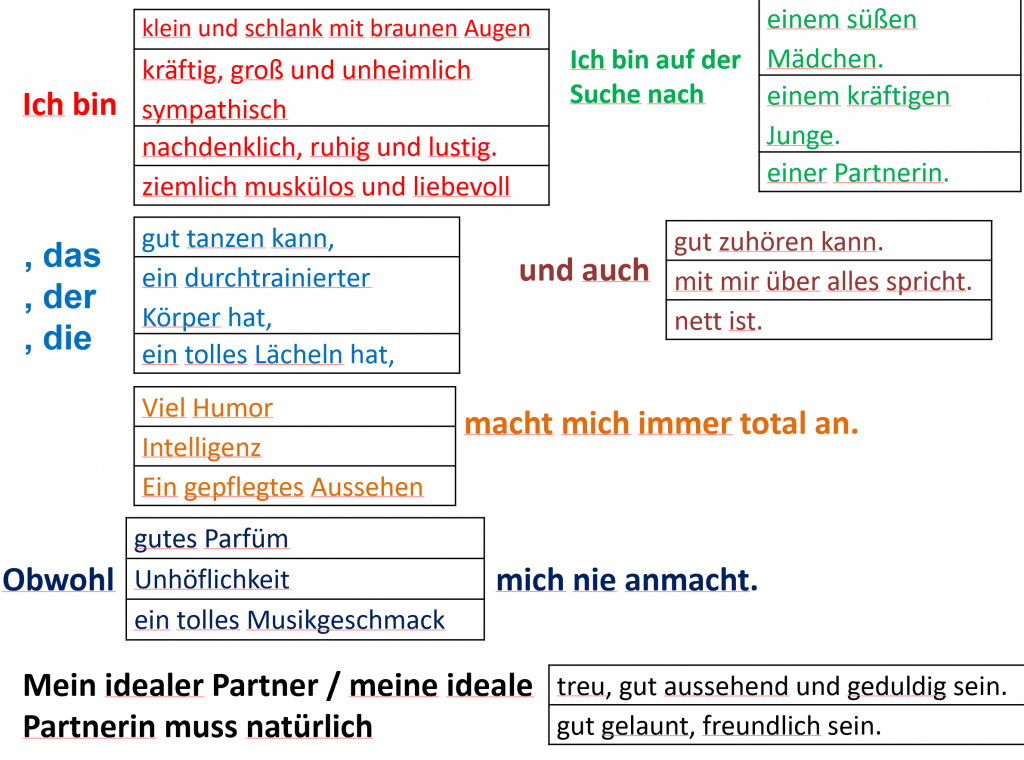 I remember using Trap Door in 2017 with a completely disengaged Year 11 French group that I had acquired. They loved it and and I have loved using it regularly ever since. It takes a little bit of prep initially, but using a template will save you heaps of time! Edit your text, by topic to include several sentences at GCSE level, many of which have three or four alternative endings.
I remember using Trap Door in 2017 with a completely disengaged Year 11 French group that I had acquired. They loved it and and I have loved using it regularly ever since. It takes a little bit of prep initially, but using a template will save you heaps of time! Edit your text, by topic to include several sentences at GCSE level, many of which have three or four alternative endings.
Students work in pairs. Each student (A and B) looks through and decides an ending for each sentence in their heads. Student A reads the sentences aloud in order and chooses the option that they think Student B is thinking of. If they choose the correct option, Student A keeps reading. As soon as Student A picks an option that Student B hasn’t picked, they have to re-start and remember the choices they had already picked. It is fun and is ideal for repetition of vocabulary in context. It’s also a wonderful activity for language lessons that promotes speaking and listening at the same time! Win-win?
C. Odd One Out
If you are not obsessed with this vocabulary game and don’t use it all of the time, what’s wrong with you?! 🙂
I either give students a list of topic-related words (with 5-8 rows), each row contains at least one ‘odd one out’. This could be 3 verbs and 1 noun, or 3 words to do with inside the house and 1 word outside the house. Sometimes, there might be more than one odd one out, so I also get students to justify their choice in the target language.
D. Vocabulary Learning Stations
Why should vocabulary re-cap be limited to one activity per lesson? Why not offer stations in the classroom (might be more useful after COVID restrictions are lifted but…) to get students moving around and learning/practising vocabulary in different contexts throughout the lesson? Some ideas of stations below. Assign students station numbers, get them to work in small groups and move around every 10-15 minutes:
- Station 1: Vocabulary Charades – students think of a word for themselves and act it out (1 minute timed), the others have to guess
- Station 2: Vocabulary Trading Cards – Students have a bunch of words in English and Target Language and they have to speak to the group to make pairs.
- Station 3: Vocabulary Pictionary – students draw a topic-related word and the others in the group must guess the word.
- Station 4: Writing Task – students have a 45, 90 or 150 word question with bullet points to match the exams and must write a response using topic related vocabulary. You could ask students to peer assess and award points for no repetition.
- Station 5: Quizlet – Give students a device and allow them to spend 10-15 minutes individually using Quizlet.
4.3 Useful Methods To Recap Vocabulary ‘Out Of Context’ In Language Lessons
A. Competition with Words
If students get points, a little prize or have the opportunity to compete with others (other students or even the teacher!), they are in their element. Even students who are less enthusiastic about languages enjoy a bit of friendly competition!
B. Vocabulary Starters
A bonus with this vocabulary starter activity is that you can give yourself time to get settled at the beginning of your GCSE French, German and Spanish lessons too.
I’ve seen the 5,4,3,2,1 Lift Off activity on social media and think it’s a brilliant idea. Students could think of 5 verbs, 4 nouns, 3, adjectives, 2 sentences in positive form and 1 sentence in the negative form to repeat structures or vocab from the last 1,2,3 lessons.
C. Create a Topic-Based Vocabulary Graphic Organiser
The more students take ownership of their vocabulary learning, the better! One way for them to keep track of topic-related vocabulary is to create a vocabulary graphic organiser per topic. I have been using these with my students for years and I think it helps them feel confident in topic related words and sentences. Especially when it comes to revision, writing and speaking at times too – for inspiration.
The students add key nouns, verbs, adjectives and sentences as they work through a topic. They don’t put everything they come across in it. Instead, the learners select what vocabulary is most useful to them.
D. Word Of The Day
This option does require a little bit of planning if you are in charge of it. However, if you get a different student in charge each lesson, that might be more effective idea. Perhaps offer some guidance, i.e. it must be a topic-related word, the student explains why they chose it and it must be a new word that they have learnt in the last couple of months. As a quick starter or plenary, you could get the students to re-call the word and use it in a spoken exchange (along with other items learnt in the lesson), or in written form.
E. Heads Up
This vocabulary activity gets students in game mode! They each receive a word on a piece of card and have to hold it up on their head, without looking at it. The players in the team have to describe the word (or act it out) without saying it. The card holder must guess the word they are holding up. Award points for each correct word guessed, and perhaps ask the card holder to use the word in sentence form to get extra point.
F. Quizlet
I’m a complete sucker for Quizlet for language learning. I started using it way back in 2009 with my ESOL groups. I even paid for the premium version in 2017 when my school didn’t have the budget to pay for it. It was worth every penny, as I could monitor students’ engagement and how they were getting on with their vocabulary learning. I did notice a definite increase in confidence after using it for just half a term for vocabulary learning homework. I remember hearing ‘Miss, that was in the Quizlet vocabulary a couple of weeks ago.” etc when we were doing a reading or translation activity.
G. What Word Am I Thinking Of?
Perfect activity for the end of the lesson. The teacher (or a student if in groups) writes a word on a piece of paper and says: “What word/sentence am I thinking of from today’s lesson?” The students must guess. Do it from memory or using support if necessary. A little treat, such as a sweet or house point for the winner is a great addition to this fun vocabulary activity.
H. Picture It
This relates to the GCSE exams. Give students 1, 2 or 4 topic-related pictures on the board and get them to write down 5,10,15 or even 20 words to describe the pictures. Often, I just get adjectives and students can’t think of others, so get them to think of nouns and verbs too. Consider also mentioning acronyms, such as WPALM (Weather, Physical Appearance, Action, Location and Mood) to prompt them if necessary. Students could pair and share after a few minutes. You could also finish up with 5 full sentences.
There really are so many different ways to visit vocabulary in and out of context. Research shows that encountering vocabulary ten times or more, leads to a real change in knowledge. If you would like a few more ways to boost your students’ confidence and vocabulary knowledge without them even knowing, try these. Let us know in the comments below what else you would recommend.
—
REFERENCES
Sakata, N., (2019) Profiling vocabulary for proficiency development: Effects of input and general frequencies on L2 learning, Elsvier.
Webb, N., (2007) The Effects of Repetition on Vocabulary Knowledge, Oxford Applied Linguistics
Berkeley’s Centre of Teaching and Learning, What is Learning?, https://teaching.berkeley.edu/resources/learn/what-learning
—
See more vocabulary activities to help boost students’ confidence below!
10 Fun Ways To Teach Vocabulary In Your Language Classroom
Low-Prep Vocabulary Challenges for Your Lessons
 Like this content? Have you signed up to my newsletters yet to get the latest content to improve language acquisition straight to your inbox?
Like this content? Have you signed up to my newsletters yet to get the latest content to improve language acquisition straight to your inbox?
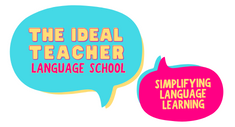
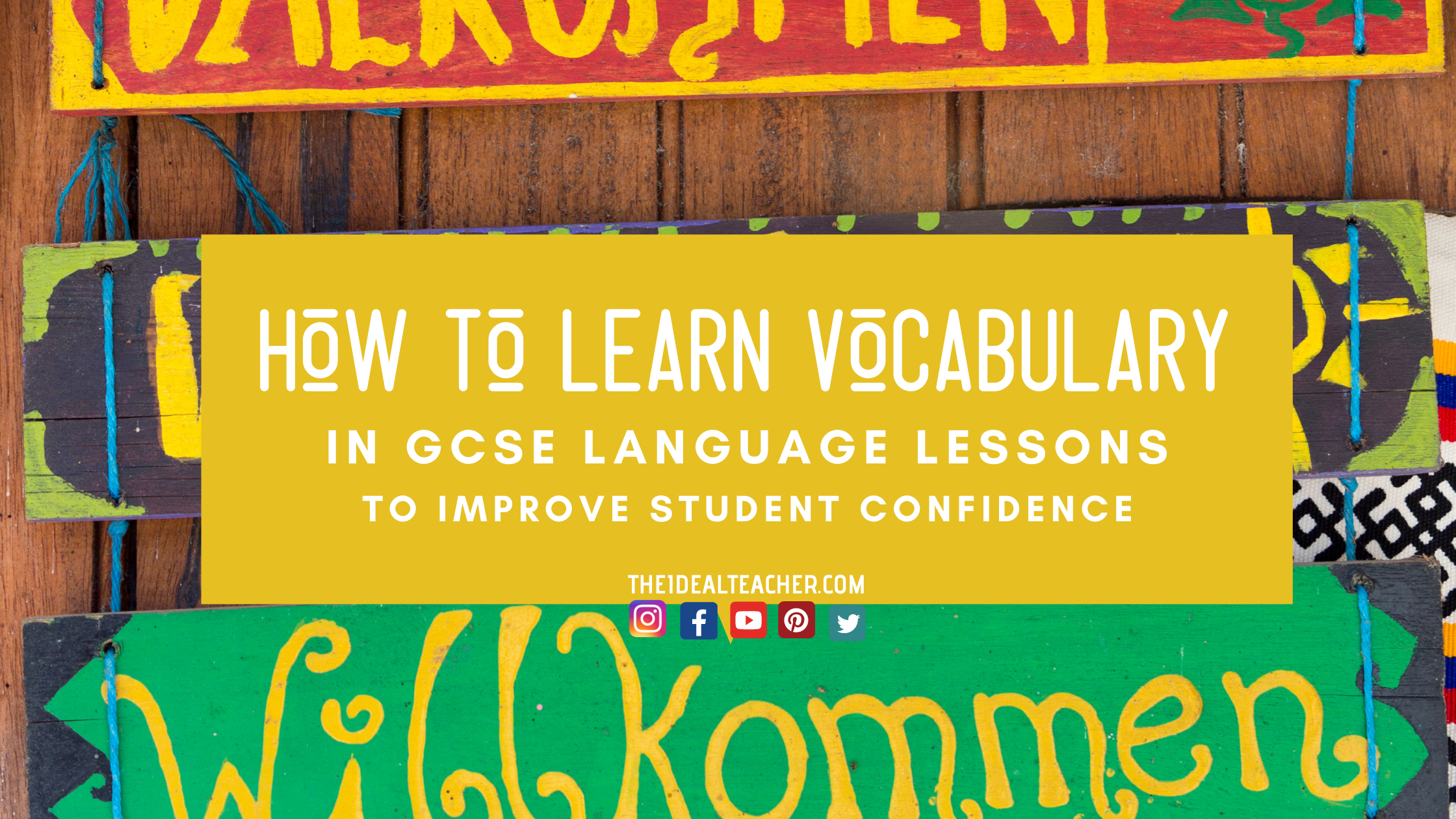
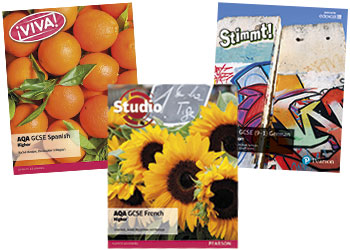 1. READING, LISTENING & TRANSLATION TEXT BOOK MATERIAL
1. READING, LISTENING & TRANSLATION TEXT BOOK MATERIAL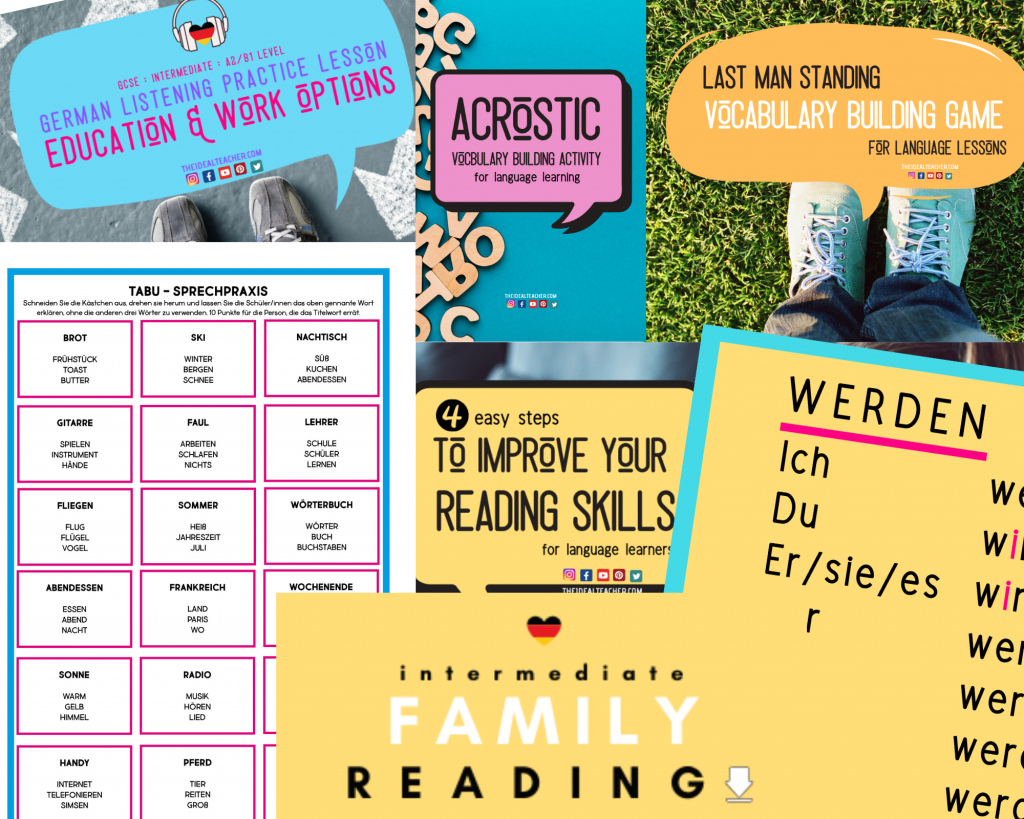
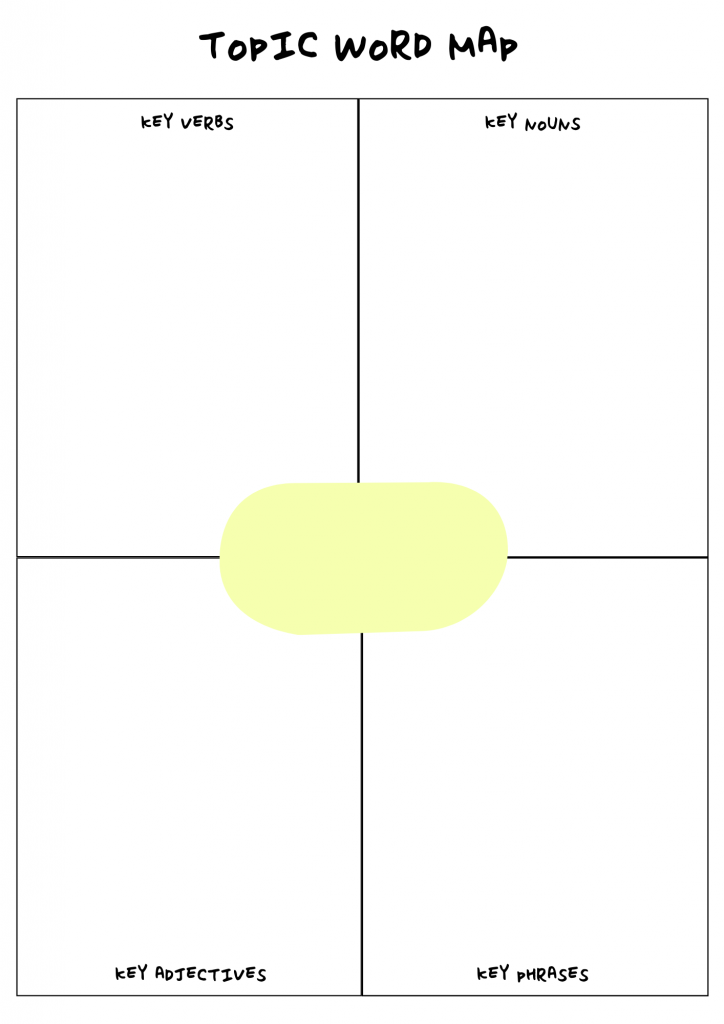
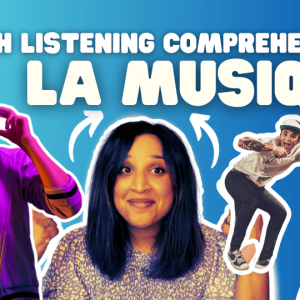
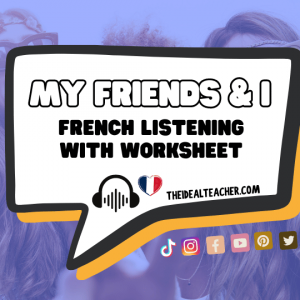
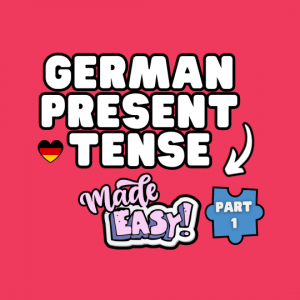
Sehr nützliche Strategien für Vokabellernen.
Danke sehr,
Peter.
,